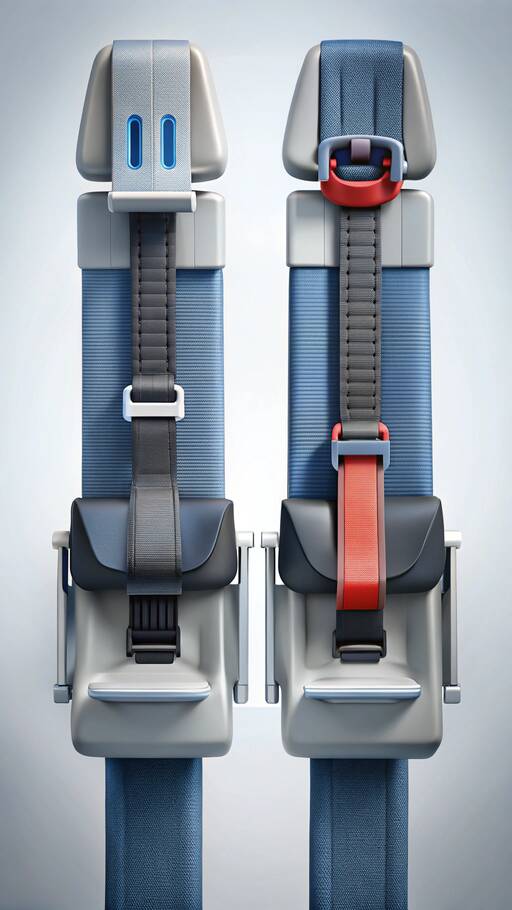
Volvo's introduction of the three-point seatbelt by Nils Bohlin was a boon for automotive safety, transforming automotive standards globally. Over the years, innovations have enhanced Bohlin's design with features like retractable reels and built-in airbags. Even heated seatbelts have emerged to optimize energy use in electric vehicles.
Now, Volvo marks another milestone with a "multi-adaptive" seatbelt. This new technology claims to adjust dynamically to both traffic conditions and occupant characteristics, promising enhanced protection.
Volvo's groundbreaking technology utilizes sensor feedback to adjust in real-time during a crash. Here's how it works:
- Adaptive Feedback: The belt communicates with onboard sensors, assessing the size, height, weight, and seating position of a passenger.
- Load Settings: It tailors the belt tension, offering higher resistance for large occupants or severe crashes and reducing tension for smaller passengers or minor collisions.
- Over-the-Air Updates: The system can receive updates for improvement, making it a versatile and future-proof solution.
The seatbelt's load-limiting mechanism transitions from passive to active control, as it modulates its lock to better cushion passengers. This approach aims to minimize secondary injuries, such as rib fractures—similar to what seatbelt airbags attempt by boosting the belt's surface area.
Volvo continues to set the benchmark in automotive safety with its innovative multi-adaptive seatbelt. By incorporating adaptive technology, it seeks to offer more personalized protection, ultimately making our roads safer.
Summary: Volvo revitalizes the seatbelt with a multi-adaptive system that uses sensor feedback for tailored protection. By adjusting to the occupant and crash dynamics, the innovation aims to reduce injuries, enhancing safety for all passengers.